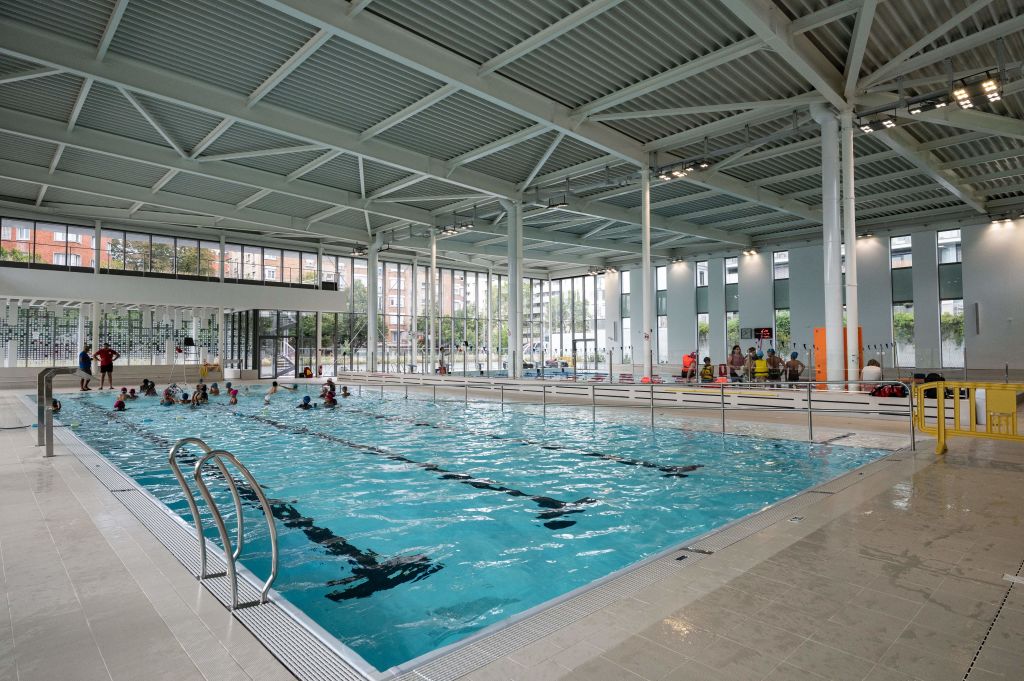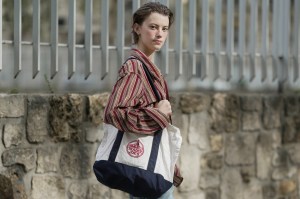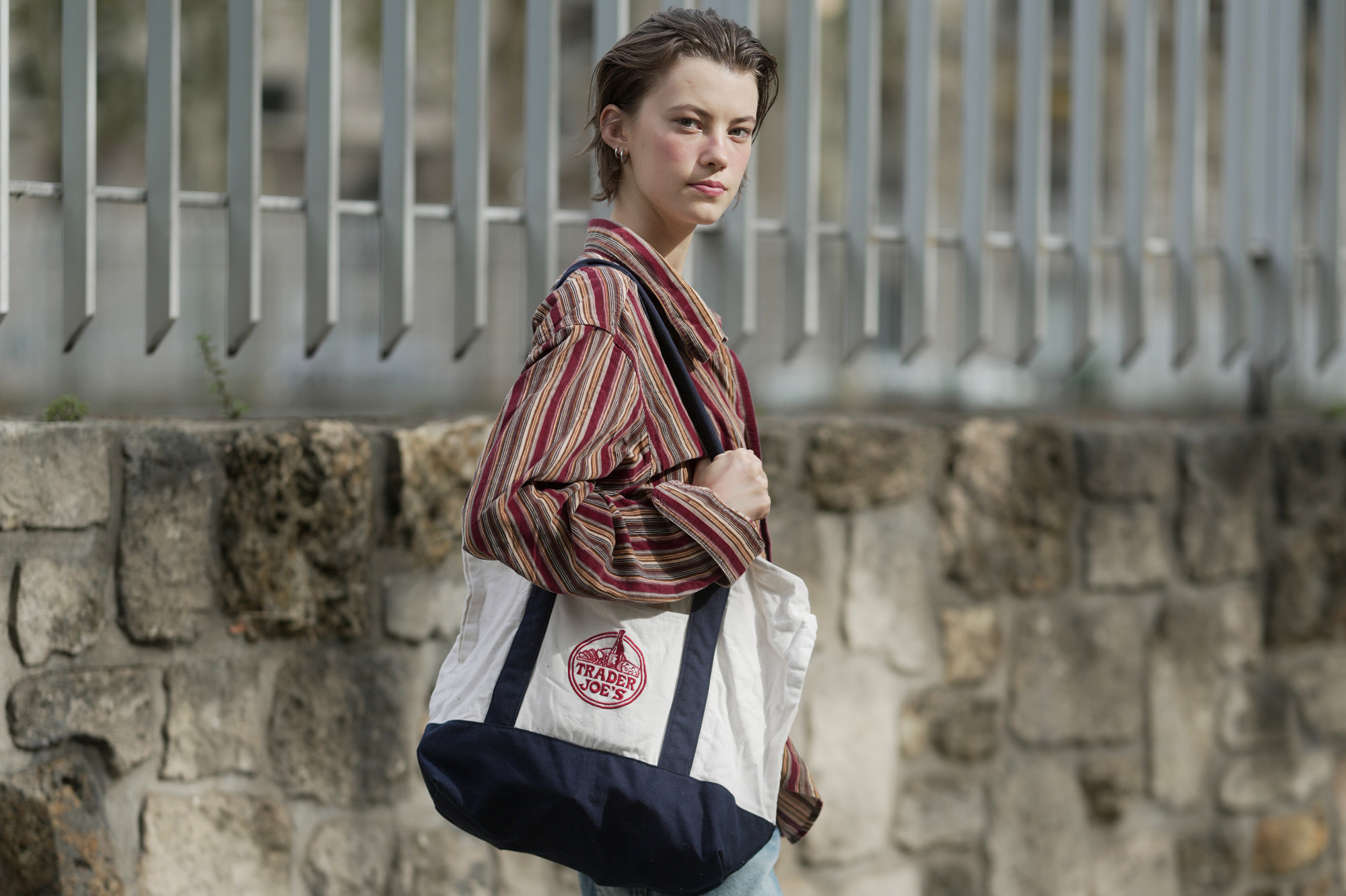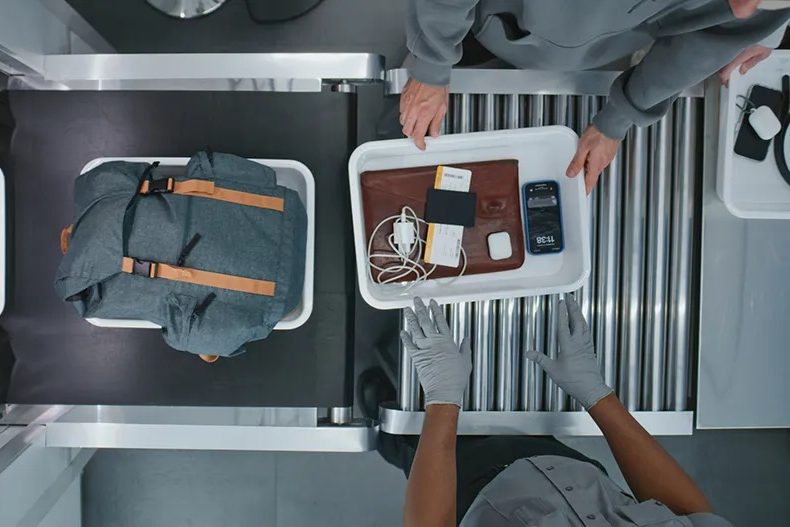If the meme is to be believed, I do not hate journalists enough. You would be hard-pressed to find a more self-loathing individual — and yet I cannot bring myself to cheer on AI or venture capital’s march through the newsroom. I worry not for my own sake but for the future of my favorite type of journalist: the foreign clickbait farmer. Armed with a broken pocket translator and battered Fourth Edition of Roget’s Thesaurus (1977), these writers fearlessly tackle the issues of the day. Visit the homepage of Tuko News, the “go-to channel for tracking current Kenya News,” and you will find news stories of supreme importance to locals, such as “These are the most dangerous cities in Texas to live in 2024” and an encyclopedic entry that opens thus:
Losing a child cannot be easy for any parent, and O.J. Simpson is no exception. [Simpson] has made the headlines for all sorts of reasons, but the saddest one yet is the death of Aaren Simpson. He is also an ex-convict.
You can see why Tuko News is recognized by not only the United Nations Sustainable Development Goals Media Compact but something called the Digital Tech Excellence Awards.
“O.J. Simpson’s child drowned in the family swimming pool as she was taking a stroll around their home,” the reader learns. “Aaren’s curtains fell on August 26, 1979, just a few days to her second birthday.”
It is helpful for the western journalist to cast aside the blinding veil of cynicism and see with the innocent eyes of a foreigner. Not everyone can be a Heisman Trophy winner, beloved rental car spokesman or friends with NBC Network West Coast Division president Don Ohlmeyer, but no parent wants to see those curtains fall.
The personal flotation-device industry was valued at $2.9 billion in 2021 and is expected to grow to $8 billion by 2032. Floaties have come a long way since you were growing up. Children used to tread water with the aid of polyvinyl chloride and phthalates inflated by their most sober uncle’s secondhand Winston smoke. Nowadays an urchin enters the water supported by buoyant polyethylene foam encased in nylon and polyester to prevent slippage. The arm wings are connected by a thick four-inch-wide strap that spans her chest so she will float face-up while you browse Instagram.
The US Coast Guard blesses these devices for all activities save water skiing, but the US Pool and Hot Tub Alliance is a tougher sell. Forged in the aftermath of the bloodbath at Jacuzzi Creek in 1983, the PHTA is “accredited by the American National Standards Institute recognized as a Standards Development Organization” — the water-sports equivalent of the United Nations Sustainable Development Goals Media Compact. I am a patriot — and since the only things made in America these days are legal warnings, I do my best to abide by the message printed on the floaties assembled by Coleman’s Guangzhou, China division: “READ MANUFACTURER’S ‘THINK SAFE’ PAMPHLET.” The pamphlet is in the wastebin along with the silica gel packet.
Fortunately, water safety is intuitive. Plastic may require World War One-era desiccants to remain intact, but your judgment does not. You do not need the US Coast Guard or CCP manufacturers, hot tub trade groups or international standards agencies to avoid tragedy.
So how do we make the water safe for our progeny? Teach them to swim. That’s the expert advice on offer from the World Health Organization. But don’t get any ideas: what was once the purview of parents has been professionalized in for-profit swim schools and the far more profitable nonprofit organizations that collect checks from the World Health Organization and the Pool and Hot Tub Alliance.
No longer can we throw children into lakes and hope their sense of self-preservation propels their chins above water. That’s how I learned to swim.
My mother remembers it differently. I was born three years after the Battle of Jacuzzi Creek and was promptly enrolled in what would have been WHO-approved curriculum for swim lessons. That’s the story she told when she saw me toss her first grandchild into a pool. The toddler sank. Grandma dove in. She didn’t want me to become the next O.J.
This article was originally published in The Spectator’s September 2024 World edition.


























Leave a Reply